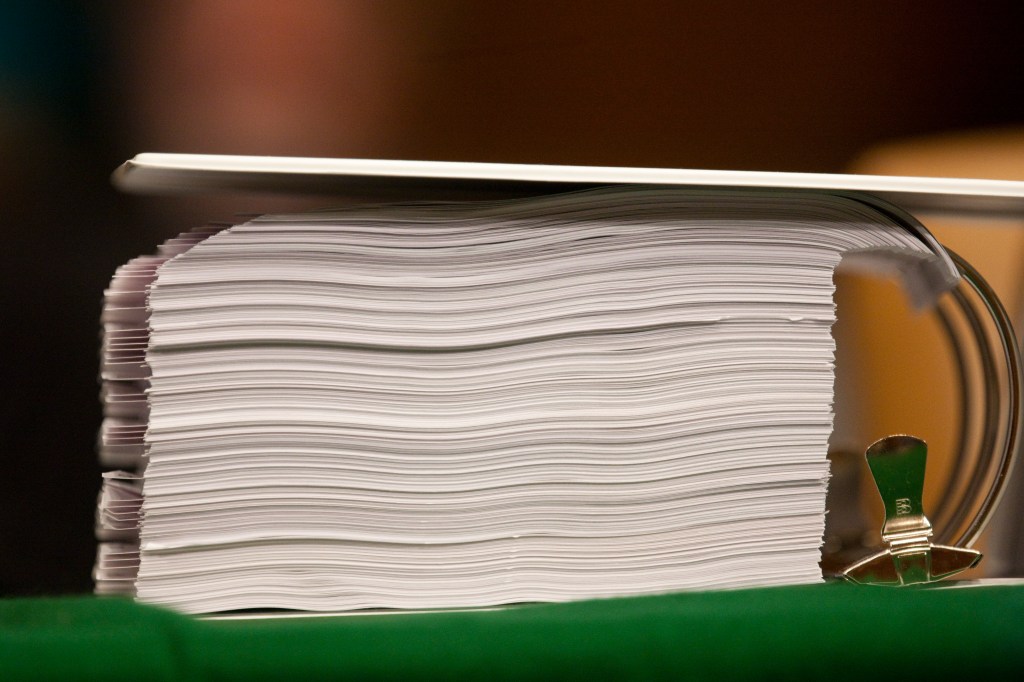The Open Data Institute has published a report on research aimed at defining responsible data stewardship.
It says: “The right kind of access to data is vital in tackling the big challenges we face in society – from the earlier detection and treatment of disease to reducing pollution in urban
The
Register for free to keep reading
To continue reading this article and unlock full access to GRIP, register now. You’ll enjoy free access to all content until our subscription service launches in early 2026.
- Unlimited access to industry insights
- Stay on top of key rules and regulatory changes with our Rules Navigator
- Ad-free experience with no distractions
- Regular podcasts from trusted external experts
- Fresh compliance and regulatory content every day













